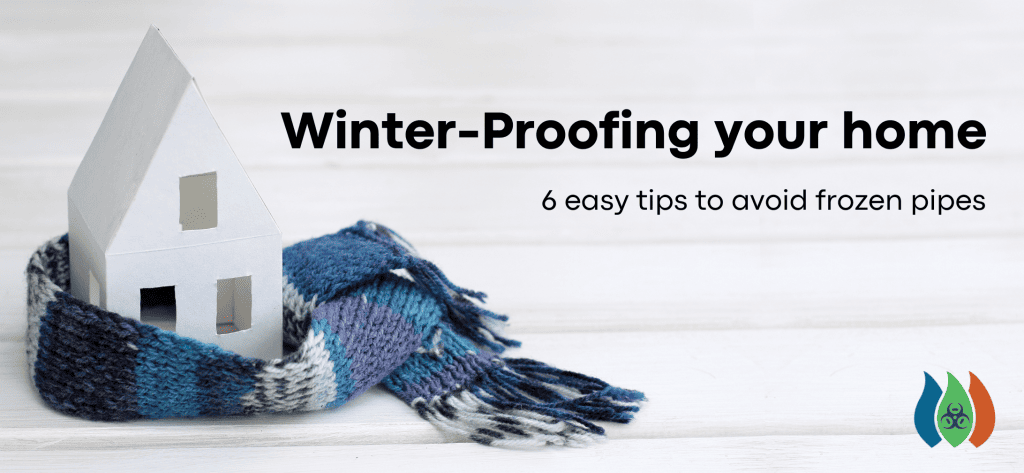
Winter-Proofing your Home: 5 Easy tips to avoid Frozen Pipes
As winter approaches in Duluth, Minnesota, home and business owners must prepare their property for the frigid temperatures that will soon arise. One of the most common and potentially costly problems during winter is frozen pipes, and subsequent pipe bursts. In this blog post, we’ll discuss various ways to prepare your home for winter, with a primary focus on preventing frozen pipe bursts. By following these tips, you can ensure your home stays warm and dry throughout the chilly Duluth winter.
- Insulate Your Pipes
Before the cold sets in, make sure your pipes are adequately insulated. Pipe insulation sleeves or wraps are readily available at your local hardware store and are relatively easy to install. Focus on insulating pipes in unheated areas of your home, such as the basements, crawlspaces, and attics. This insulation will help maintain a consistent temperature inside the pipes, reducing the risk of freezing.
For extra protection in extremely cold areas, consider installing a pipe heating cable. These cables are designed to wrap around pipes and provide a consistent source of heat to prevent ice build-up.
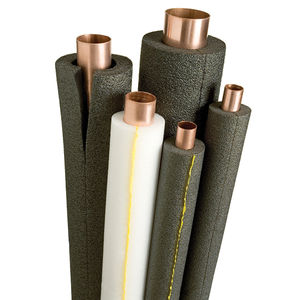
Image Courtesy of Armacell
- Seal Gaps and Cracks
Inspect your home for gaps and cracks that may allow cold air to infiltrate. Use weather-stripping or caulk to seal these openings around windows, doors, and any other potential entry points for cold air. By keeping the cold out, you can maintain a warmer interior temperature, which is crucial for preventing frozen pipes. Not to mention lowering your heating bill!
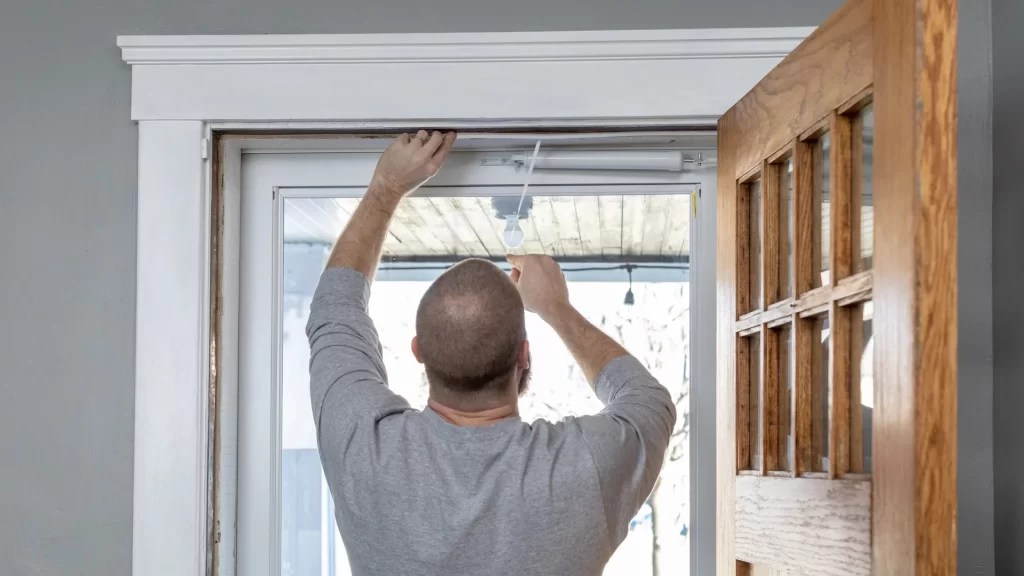
Image courtesy of Today’s Homeowner
- Maintain Adequate Heating
Maintain a consistent indoor temperature throughout the winter, even when you’re away from home. While a “safe” temperature can vary from home-to-home depending on factors such as square footage, insulation, and number of rooms, both the University of Minnesota and the U.S. Department of Energy suggest keeping your home at or around 68 degrees during winter months.
Significantly lowering the thermostat when leaving for extended periods can increase the risk of frozen pipes. Consider investing in a smart thermostat that allows you to remotely control your heating system and ensure your property stays at an appropriate temperature, wherever you may be. As you can imagine, these devices come in handy in the event of an emergency, as they allow you to quickly assess the situation, and can oftentimes make the difference between a small loss and a disaster.
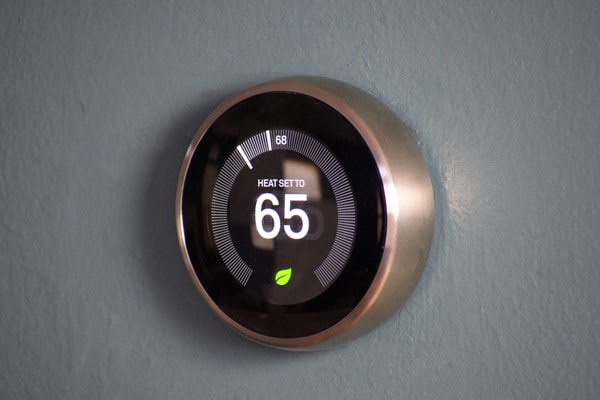
As a side note for those that hope to postpone turning up the heat until it’s absolutely necessary, our team has seen pipes freeze and burst as early as November!
- Let Faucets Drip
On especially cold nights, leave a few faucets in your home dripping at a slow rate. Running water is less likely to freeze, as ice build-up is more difficult. Focus on faucets located along exterior walls or in areas prone to freezing, and make sure that the water temperature is cold, as warm or hot water may cause pipes to freeze more quickly!
- Keep Cabinet Doors Open
If you have sinks on exterior walls with cabinets underneath, open the cabinet doors to allow warm air to circulate around the pipes. This simple trick can make a significant difference in preventing pipes from freezing in these vulnerable locations.
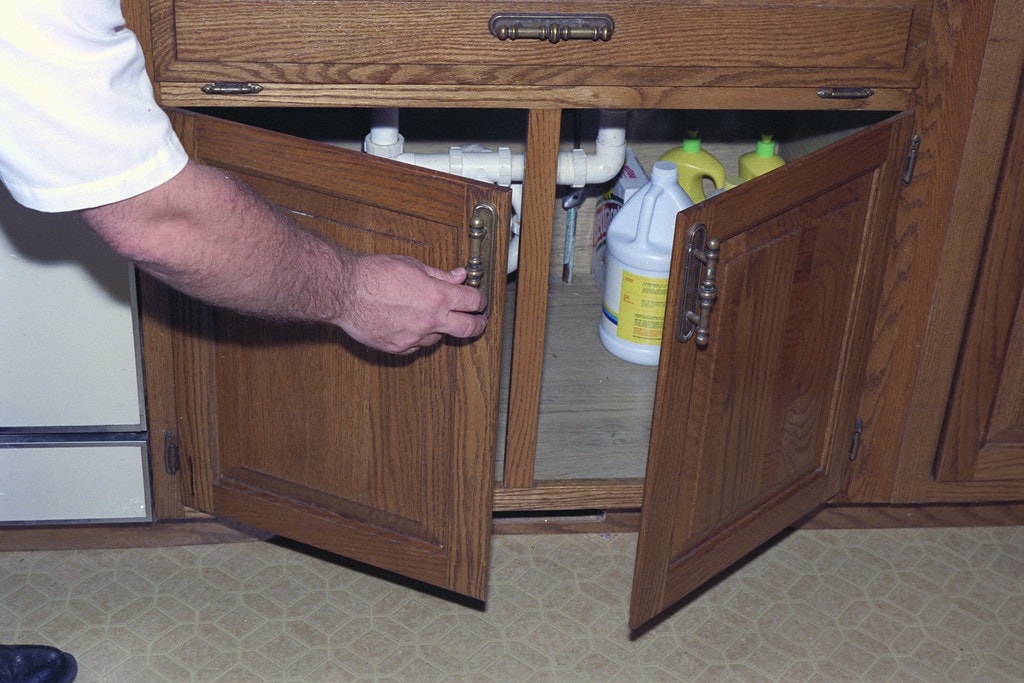
- Drain Outdoor Faucets and Hoses
Disconnect hoses from outdoor faucets and drain any remaining water from the hose and the faucet itself. Then, insulate the outdoor faucet with a foam cover. This will prevent water from freezing in the faucet and causing damage.
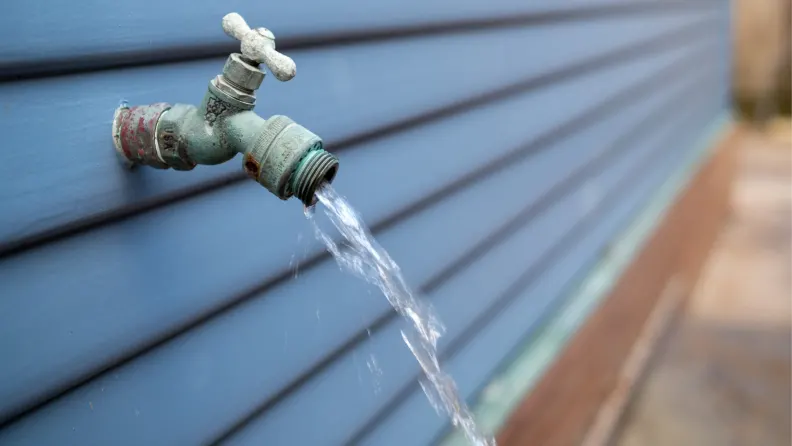
While a time to look forward to for many, winter in Duluth can be harsh. To protect your home from the bitter cold and prevent costly frozen pipe bursts, it’s essential to take proactive measures. Insulate your pipes, seal gaps and cracks, maintain adequate heating, and use these tips to keep your plumbing safe during the winter months.
By preparing your home in advance, you can ensure a warm and worry-free winter season in the Northland.
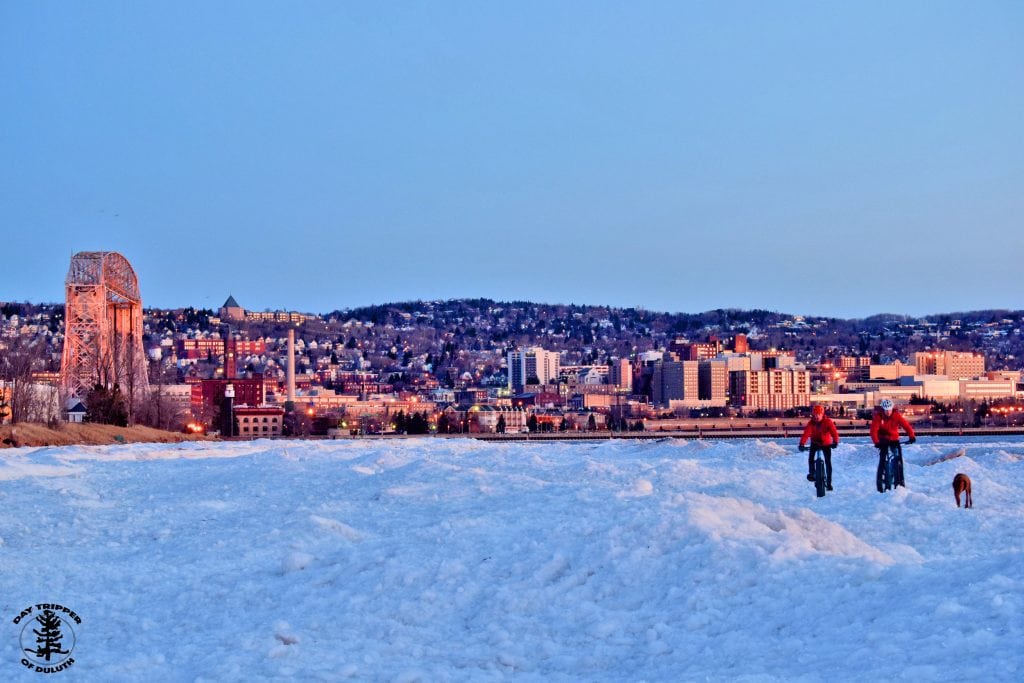
Image courtesy of Day Tripper of Duluth
In the event you do experience a pipe burst, you can always reach out to our team for 24/7 Emergency Services. From extraction to drying, to temporary heating, Dryco has you covered.
For more information on frozen pipe bursts, check out our past blog on what the best course of action is after being impacted by this loss: What to do if you have a frozen pipe burst